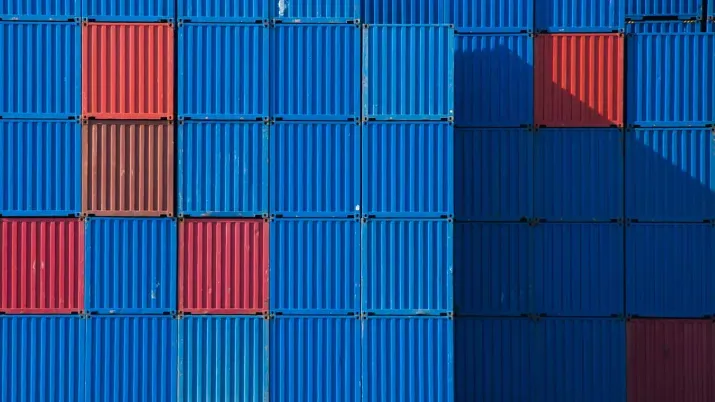20th China Party Congress: beginning of a new political and economic cycle?
Quantitative Investments
The 20th Party Congress of the Chinese Communist Party is likely to make Xi Jinping the most powerful leader since Mao Zedong. Sven Schubert, Senior Investment Strategist at Vontobel discusses what the congress has in store and whether it marks the beginning of a new political and economic cycle.
The 20th Party Congress of the Chinese ruling Communist Party is likely to approve a third five-year term to Xi Jinping. After the abolishment of the two-term limit in 2018, it seems likely that Xi Jinping will remain in office for the rest of his life. As he is currently holding the three top positions of the General Secretary of the Communist Party, the head of armed forces and the head of the state, this arguably makes him the most powerful leader since Mao Zedong.
But it is not only an important meeting for Xi Jinping himself. Taking into account the economic and geopolitical challenges China is currently facing, the congress is likely to set the tone for economic policies going forward. Most pressing at the moment are the economic challenges. Economic growth under the leadership of President Xi has been lower than under previous presidents. Since early 2021, the Chinese economy is facing an economic downturn driven by monetary policy tightening, tighter regulation and the dynamic zero-COVID strategy.
Despite the monetary and fiscal policy loosening since the end of 2021 and the bottoming of consumption and production in the second quarter of 2022, we expect only a shallow economic recovery. The monetary policy transmission is hampered by the strict COVID lockdowns and the severe housing market slump, which is paralyzing part of the finance industry.
However, signs are increasing that not only a new policy cycle but also an economic cycle are about to start as Beijing has ramped up its stimulus efforts recently. Authorities are increasingly focused on stabilizing the housing market, where restrictions on rate floors for mortgages were lifted and mortgage loan costs lowered. Personal income tax rebates and measures to stimulate capex also are among the recently announced policy tools.
Whether we will see a change in China’s COVID strategy is less clear as it is one of President Xi’s landmark policies. Finding a way out does not seem easy without him losing face. So far, strict lockdowns of entire cities, mass testing and long and tiring quarantines are still on the agenda of the Communist Party despite the rising anger in the Chinese population. According to media reports, more than 70 cities have been under partial or full lockdown recently. Therefore, it seems unlikely that China will declare victory over COVID at the Party Congress. But as more and more fine-tuning measures, such as the approval of the Beijing Marathon in November and Hong Kong’s abandonment of mandatory quarantine for inbound travellers, can be observed, a gradual loosening of COVID rules after the Party Congress is likely.
Despite the currently weak state of the Chinese economy, the Party Congress may not only be the beginning of a new political cycle but of an economic cycle as well. Leading up to the congress, we have seen already a ramp up in stimulus measures. More policy measures are likely to follow including looser COVID restrictions in 2023. China’s economy led both the global economic upturn in 2020 and the downturn in 2021/22. 2023 might be no different and could see China as one of the first countries to recover. But as monetary policy in major developed economies is likely to remain tight well into 2023, China’s growth recovery is likely to be much shallower than in previous cycles.
Share via
Related insights

2026 Large Language Models Outlook

2026: Multi Asset Reloaded - Investors (Still) Need Diversification

Quant 2.0 - The AI Revolution

Global rates: a mirage of diversification

The signals beneath the surface
